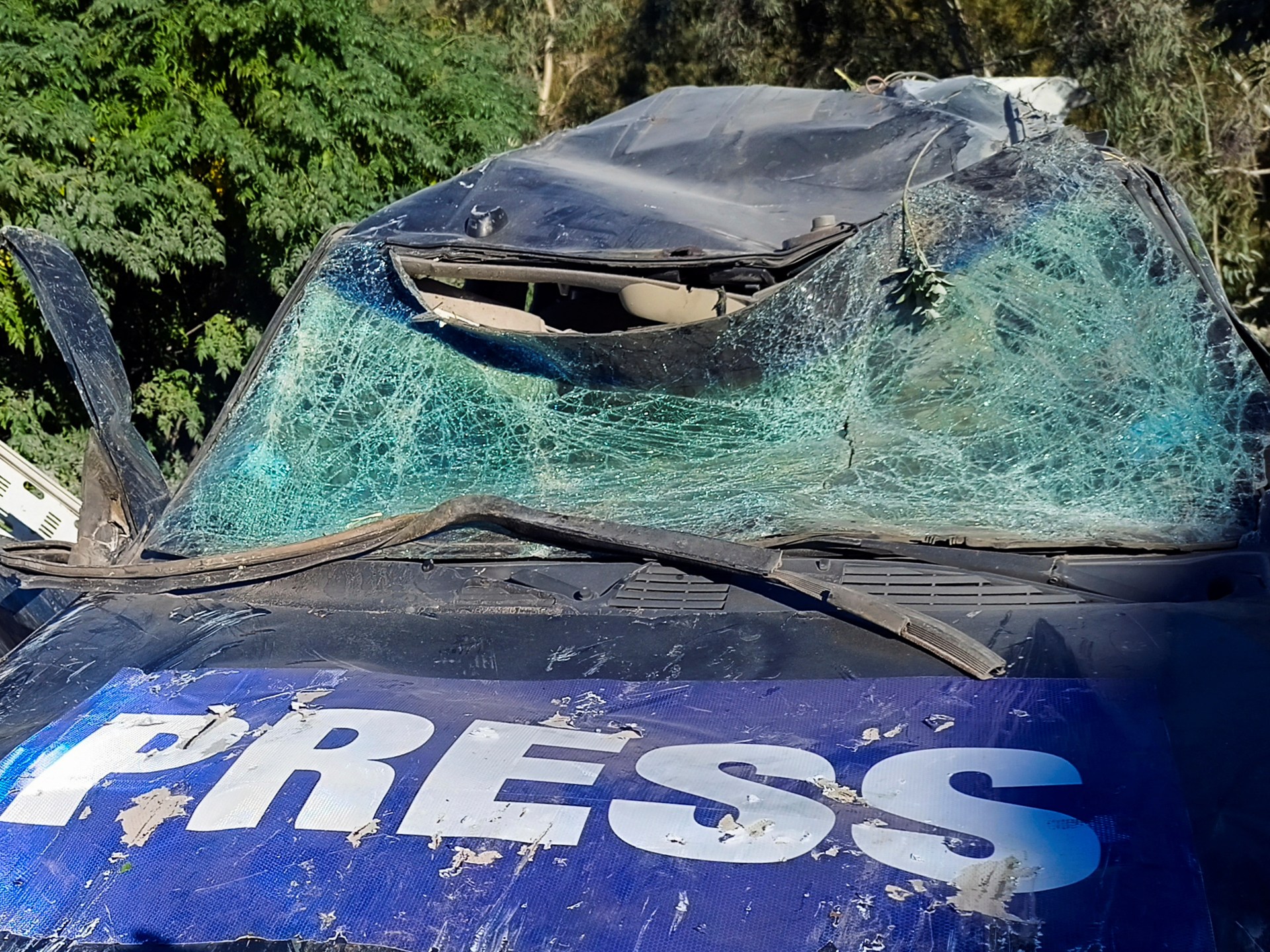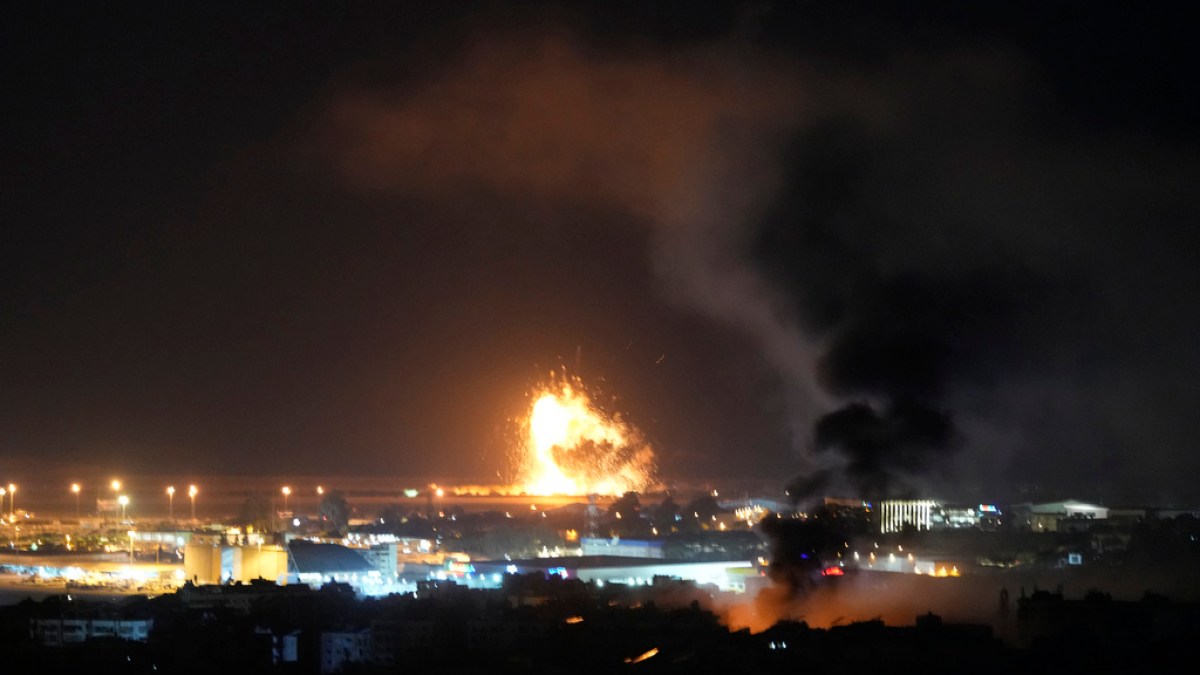

Israeli attacks across Lebanon have killed at least 3,103 people and injured 13,856 others since October last year, according to Lebanon’s Ministry of Health.
Since the genocide in Gaza began, Israel has also been at war with the Lebanese armed group Hezbollah, which is an ally of the Palestinian group Hamas, and expresses solidarity with the people in Gaza.
In September this year, Israel expanded its war from Gaza into southern Lebanon.
On Thursday, Lebanon’s Ministry of Health also said that Israeli strikes killed at least 53 people and wounded 161 others over the past 24 hours.
Five Malaysian peacekeepers from the United Nations Interim Force in Lebanon (UNIFIL), three Lebanese soldiers and three Lebanese civilians were among the wounded after an Israeli raid in south Lebanon’s main city of Sidon.
In a statement, UNIFIL reminded “all actors to avoid actions putting peacekeepers or civilians in danger”, adding that “differences should be resolved at the negotiating table, not through violence”.
UNIFIL, as well as unarmed technical observers known as UNTSO, have long been stationed in southern Lebanon to monitor hostilities along the demarcation line between Lebanon and Israel, known as the Blue Line – drawn by the UN in May 2000 to divide the two countries.
Reporting from Beirut, Al Jazeera’s Imran Khan said the Israeli attack on the UNIFIL location was crucial.
“The Awali checkpoint is one of the places where Israel issues a forced evacuation order. It tells people to go north of the Awali River. That’s where the checkpoint is,” Khan said.
“So they’re telling people to go north of that particular checkpoint, but they’re also hitting that checkpoint as well. This is very, very concerning for UNIFIL, which has been attacked nearly 20 times since Israel announced its ground invasion,” Khan added.
Israel also bombarded Beirut’s southern suburbs. “Death has become a matter of luck. We can either die or survive”, Ramzi Zaiter, a resident of south Beirut, told the AFP news agency.
The Israeli strikes on Lebanon came after Hezbollah said it carried out a missile attack targeting a military base near Israel’s Ben Gurion International Airport on Wednesday. The Lebanese armed group said it had also targeted the “strategic Stella Maris naval base for monitoring and surveillance” with missiles northwest of Haifa in Israel on Thursday.
In its war update, the Israeli military said around 40 projectiles crossed into northern Israel from Lebanon but were intercepted. The military added that in recent weeks, five Israeli soldiers were killed and 16 others wounded in combat in southern Lebanon.
Also on Thursday, more than 100 Lebanese lawmakers issued an appeal to the UN, demanding the preservation of UNESCO World Heritage Sites in areas being heavily bombed by Israel.
Lebanon is home to six UNESCO World Heritage sites, including Roman ruins in Baalbek and Tyre, where Hezbollah holds sway.
The destruction in Lebanon’s Bekaa Valley, with a Roman temple in the background [Sam Skaineh/AFP]
In Baalbek, Israeli strikes on Wednesday destroyed a heritage house and damaged a historic hotel near the city’s Roman temples, according to local authorities.
In a letter addressed to the head of UNESCO, Lebanese MPs stated, “During the devastating war on Lebanon, Israel has caused grave human rights violations and atrocities.” The letter demanded the protection of Lebanon’s historic sites in Baalbek, Tyre, Sidon, and other invaluable landmarks “currently at risk due to the escalation of the atrocities”.
On Monday, Lebanon’s Prime Minister Najib Mikati called for a ceasefire “to protect our country’s cultural heritage, including the ancient archeological sites of Baalbek and Tyre”.
Meanwhile, some in Lebanon are hopeful a new leadership in the United States, where Republican Donald Trump has won the presidency, might bring them a reprieve.
“Many believe that no significant diplomatic efforts will take place until Trump, the US president-elect, assumes office in January,” said Al Jazeera’s Zeina Khodr, reporting from Beirut.
Related News
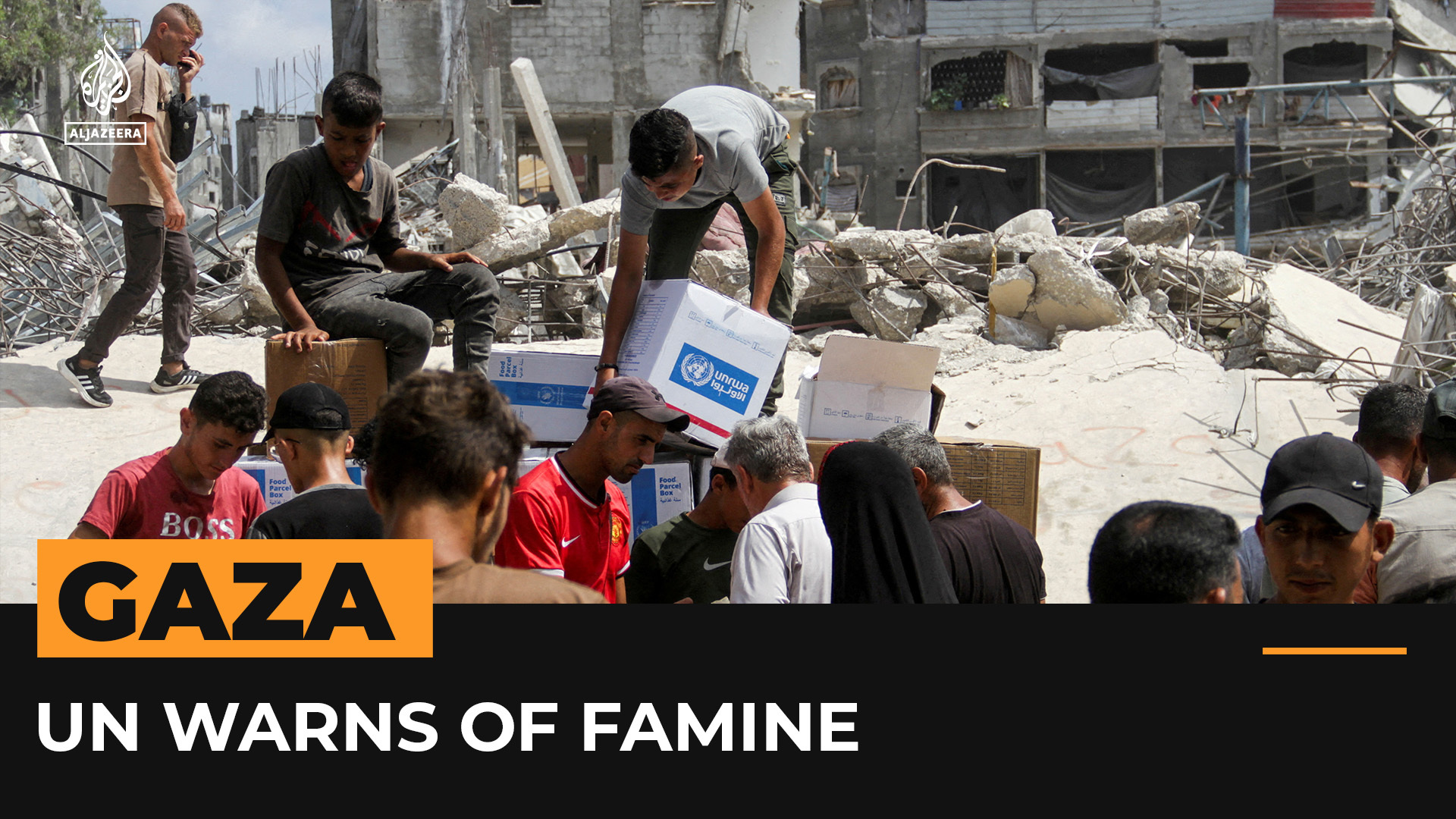
UN warns of imminent famine in Gaza, urges humanitarian action
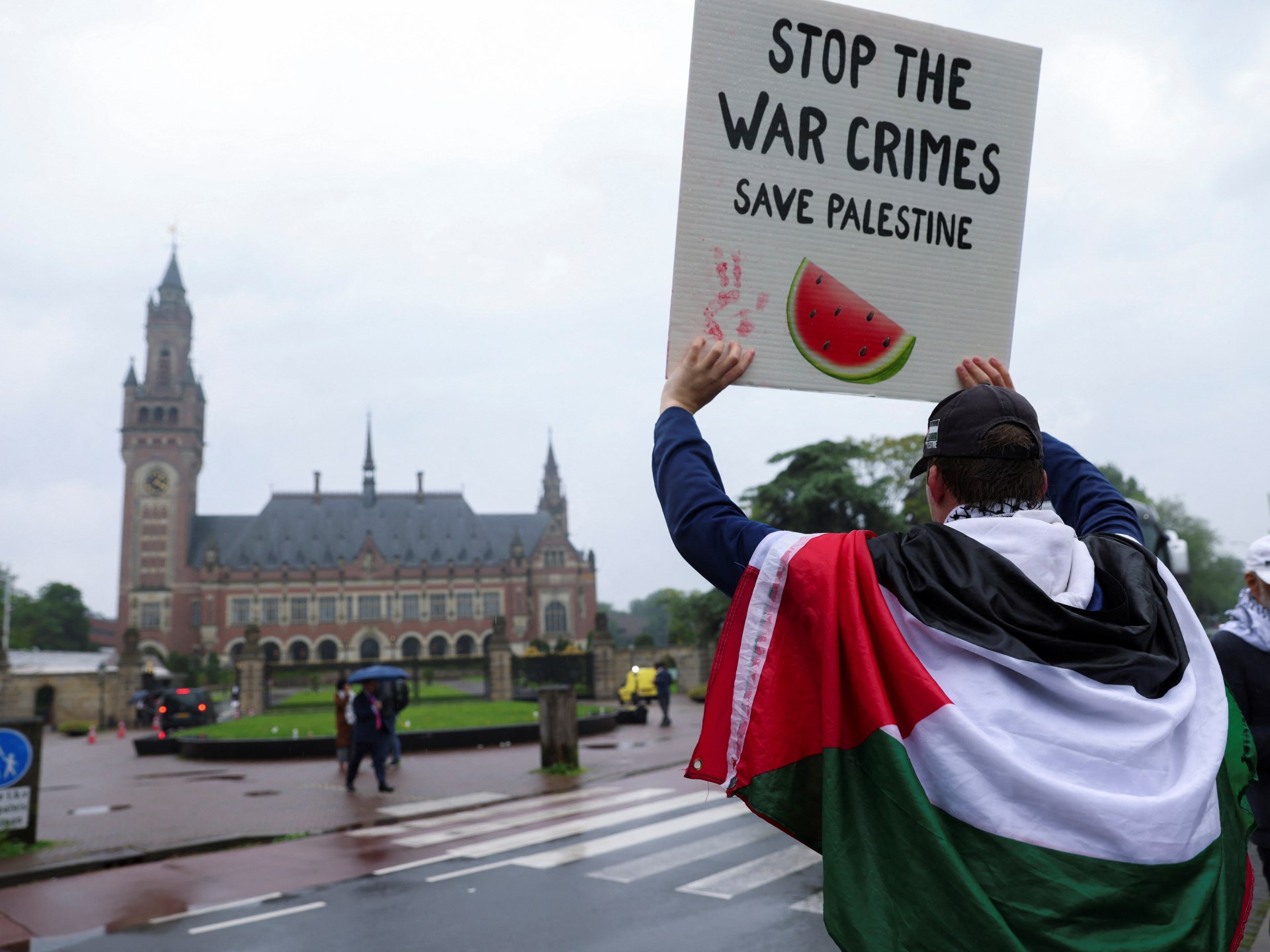
South Africa’s ICJ legal team says intent ‘clear’ in Israel’s Gaza genocide
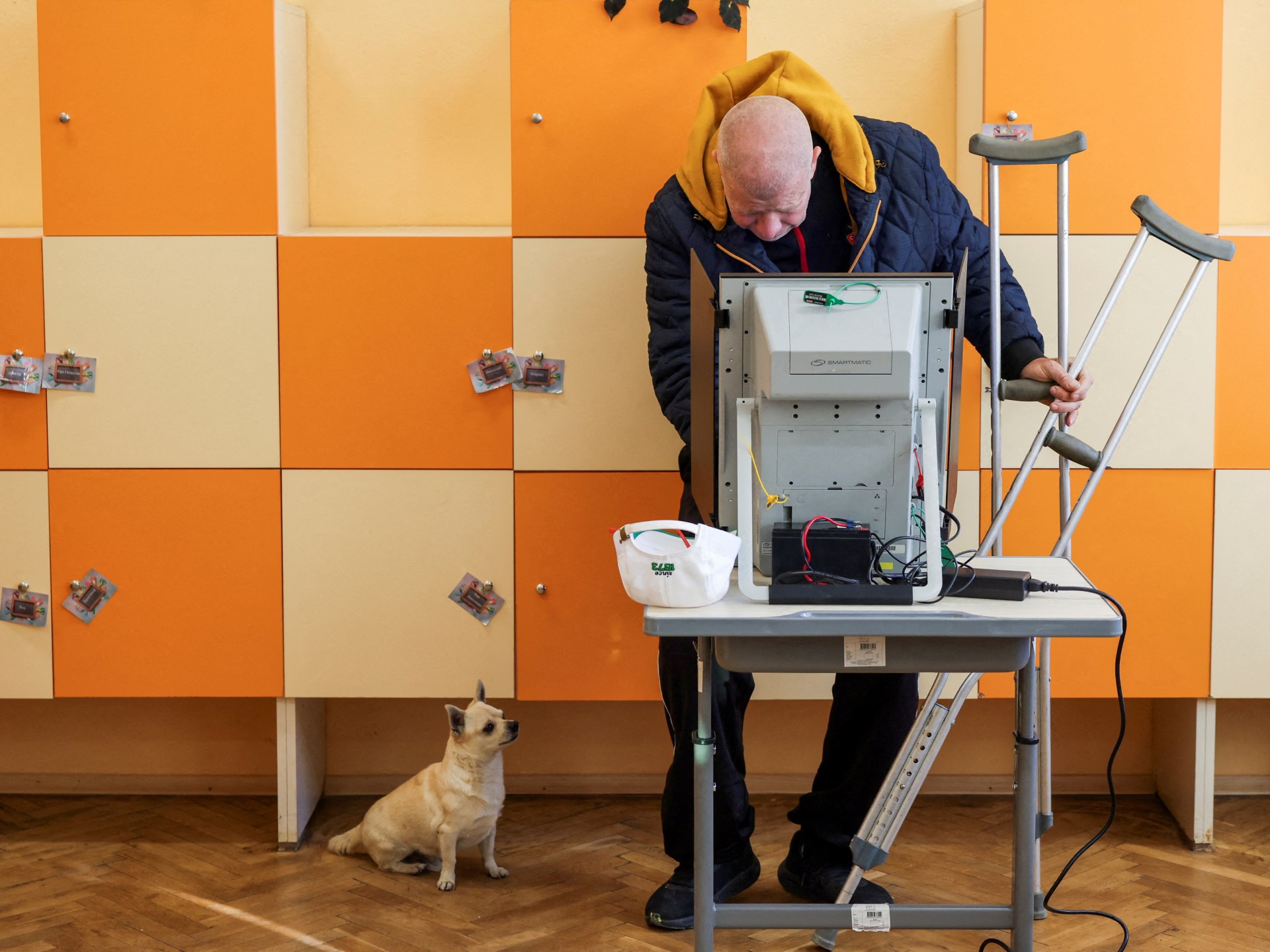
Bulgarians vote in another election, but end to political deadlock unlikely
